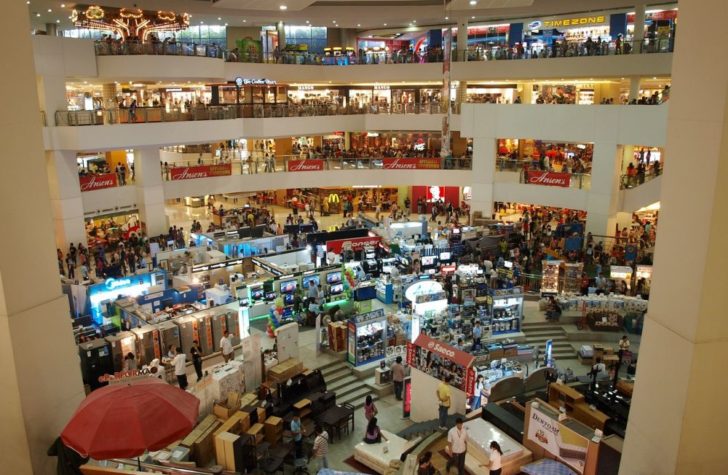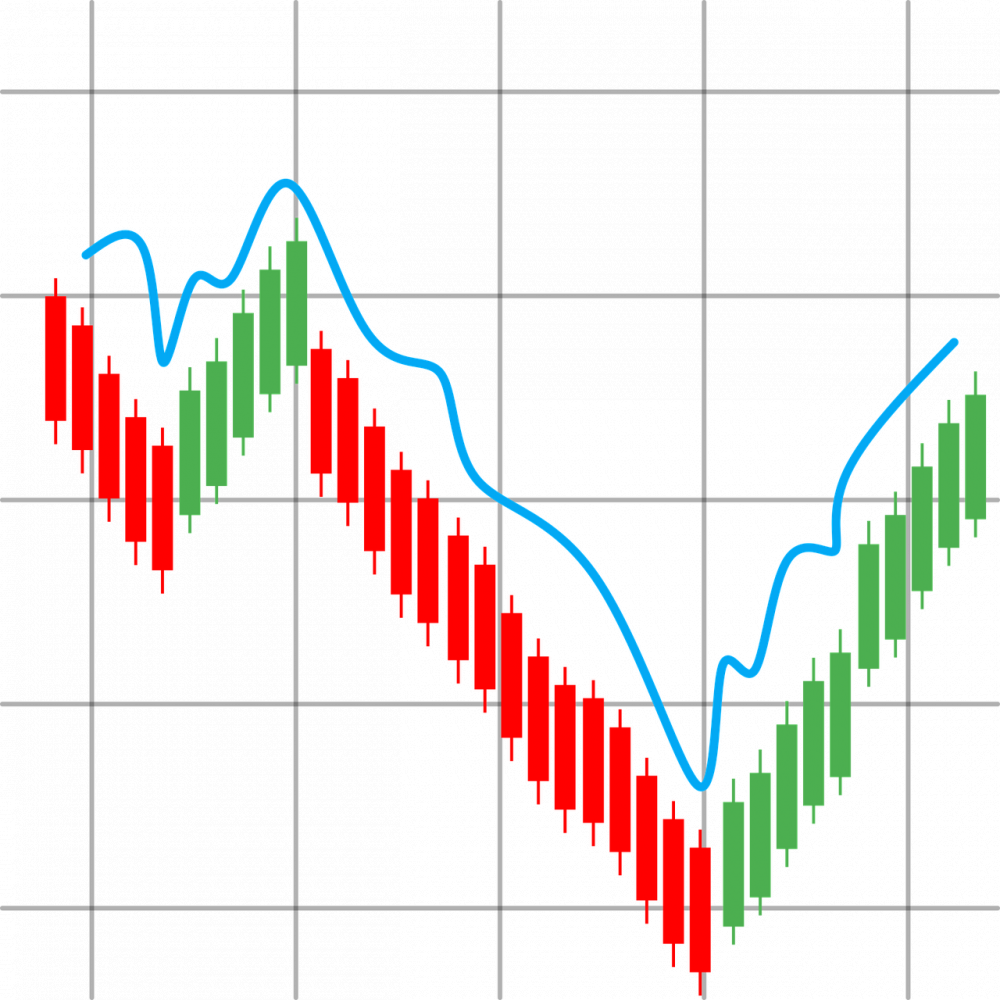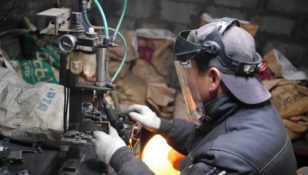Ruscheck Trade: A Comprehensive Guide to Russias Trading Practices

Introduction to Ruscheck Trade
Ruscheck trade refers to the trading practices and customs prevalent in Russia. It holds great significance for individuals and businesses interested in engaging in trade activities with Russia. Understanding the intricacies of Ruscheck trade is crucial for navigating through this unique market and establishing successful business relationships. In this article, we will delve into the historical development of Ruscheck trade, shed light on its key features, and provide valuable insights for those seeking to explore trade opportunities in Russia.
Historical Evolution of Ruscheck Trade

The origins of Ruscheck trade can be traced back to the medieval period when Russia’s geographic location and access to vast natural resources made it an important hub for trade routes connecting Europe and Asia. During this time, trade primarily revolved around fur pelts, timber, and precious metals. The trade routes, such as the Silk Road, facilitated the exchange of goods and ideas between different civilizations, profoundly shaping Russia’s economic landscape.
As Russia evolved into a more centralized state, trade expanded beyond its traditional routes. The Peter the Great era, inaugurated in the late 17th century, marked a significant turning point in Russia’s trade history. Peter the Great’s reforms, aimed at modernizing the country, facilitated the development of a dynamic trading system based on Western European models. This period saw the establishment of ports, the introduction of customs duties, and the creation of comprehensive trading regulations.
The 19th century witnessed further advancements in Russian trade practices. The construction of railways and the integration of industrial production into the economy propelled Russia’s trade potential. Additionally, the emergence of large-scale manufacturing led to the growth of exports, particularly in sectors such as textiles, metals, and machinery.
In the 20th century, the Russian Revolution and subsequent establishment of the Soviet Union revolutionized the country’s trading landscape. The planned economy under Soviet rule prioritized state-controlled trade, stifling private initiatives. However, the post-Soviet era brought about a transformative shift in Russia’s trade policies. The country embraced market-oriented reforms and actively sought foreign investments, consequently expanding trade opportunities for both private individuals and businesses.
Key Features of Ruscheck Trade
1. Regulatory Framework: Engaging in Ruscheck trade necessitates an understanding of the regulatory framework governing trade activities in Russia. Familiarizing oneself with the country’s trade policies, customs regulations, and necessary documentation is crucial to ensure compliant and efficient trade operations.
2. Market Potential: With a population of over 144 million, Russia offers immense market potential for businesses. The country’s diverse sectors, including energy, technology, agriculture, and pharmaceuticals, present lucrative opportunities for foreign investors. Conducting thorough market research and identifying demand patterns are essential for successful market entry.
3. Cultural Nuances: Russia’s strong cultural heritage influences its trading practices. Building relationships through personal connections and trust is crucial in establishing successful business collaborations. Moreover, being aware of cultural norms and etiquettes helps navigate negotiations and avoid misunderstandings.
4. Language Considerations: Russian is the primary language in commercial transactions. While English may be spoken and understood to some extent in major cities, having a command of Russian or working with reliable translators is highly advantageous for effective communication.
5. Payment Methods: Understanding the preferred payment methods in Ruscheck trade is vital for smooth transactions. While cash payments remain common, businesses increasingly rely on electronic payment systems. Familiarizing oneself with local banking practices and considering options such as letters of credit or escrow services can help mitigate financial risks.
6. Logistics and Infrastructure: Russia’s vast territory presents logistical challenges, especially when dealing with transportation and supply chain management. Being well-versed in logistics networks, transportation modes, and warehousing facilities is essential for timely and cost-effective trade operations.
7. Risk Management: Like any trade venture, Ruscheck trade entails certain risks. Economic volatility, regulatory changes, and geopolitical factors can significantly impact trade activities. Implementing robust risk management strategies, such as diversification of suppliers and understanding legal recourse options, can help mitigate potential risks.
In conclusion, Ruscheck trade holds immense potential for businesses and individuals eager to explore trading opportunities in Russia. By familiarizing oneself with the historical evolution of Ruscheck trade, understanding key features, and adhering to regulatory frameworks, one can navigate this complex market successfully. Developing strong relationships, conducting rigorous market research, and adopting effective risk management strategies are essential for long-term success in Ruscheck trade.

















